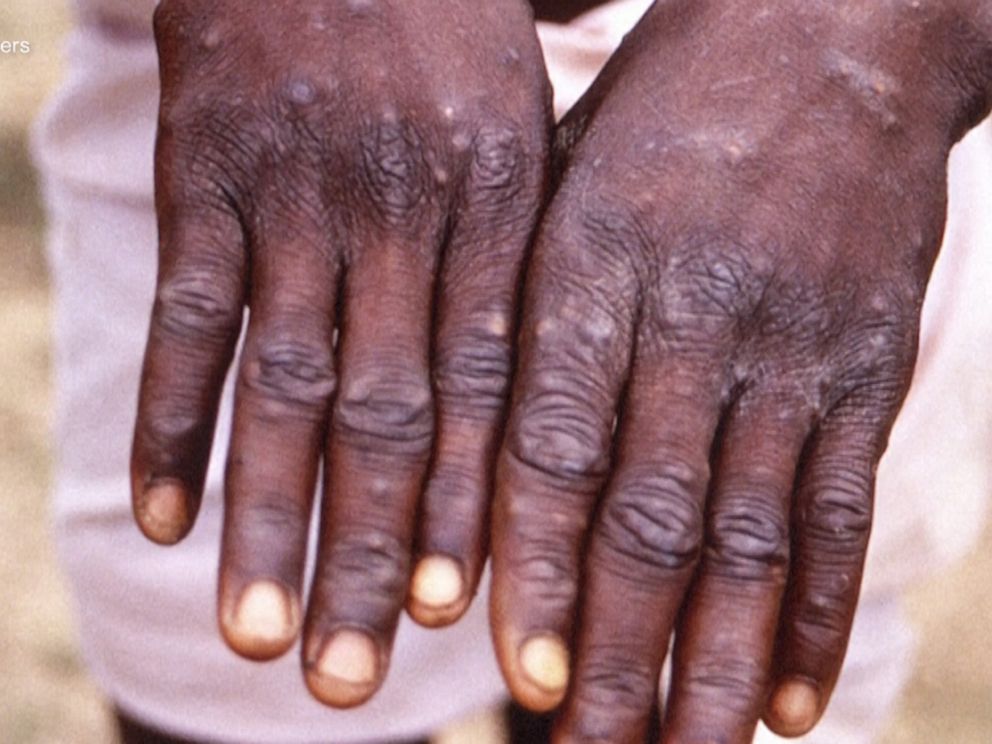The Department of Foreign Affairs (DFA) on Sunday reported a 31-year-old Filipino being infected with monkeypox in Singapore.
DFA spokesperson Teresita Daza said the Philippine Embassy in Singapore is currently monitoring the case.
Strait Times, a major Singapore broadsheet newspaper, reported that the Filipino national was admitted in Singapore General Hospital (SGH) after testing positive on 25 July. He is currently in stable condition, according to Singapore’s Ministry of Health.
“He developed fever on 21 July, and subsequently rashes on his face and at his perianal region spread to other parts of his body. He sought medical care at SGH on 24 July and was admitted on the same day. Contact tracing is ongoing,” the ministry said.
There are currently 11 monkeypox cases in Singapore.
Meanwhile, Senator Christopher “Bong” Go called on health authorities to intensify awareness, detection, disease surveillance and containment efforts to address the monkeypox threat.
The senator urged the public to follow minimum health protocols and comply with the health advice from the government and medical experts.
The Department of Health (DoH) had earlier reported the country’s first case of monkeypox involving a 31-year-old Filipino citizen who had returned from abroad on 19 July.
The patient was placed under quarantine and strictly monitored and isolated at home.
On Friday, Malacañang assured that the DoH is in control of the situation.
DoH added that discussions with the United States government are ongoing to secure vaccines against monkeypox.
According to the World Health Organization (WHO), the monkeypox virus is spread through bodily fluids, and respiratory droplets. Intimate skin-to-skin contact, including sexual transmission, is the primary transmission.
This is the reason why health officials stress the need of washing one’s hands often and avoiding contact with those who may be infected.
Some of the symptoms are fever, severe headache, muscular pains, back ache, enlarged lymph nodes, and rashes or lesions on the skin.
Smallpox immunization may contribute in halting the spread of the virus, according to the WHO.
Go, who chairs the Senate Committee on Health, said he intends to file a Senate resolution asking the DoH and other relevant authorities to identify specific strategies and measures to ensure the capability of the country’s healthcare system.
“We have learned a lot from the Covid-19 pandemic and we hope that, guided by good science, we know better how to handle monkeypox this time,” he said.
Go ended his statement by urging Filipinos to unite and continue working together to overcome whatever challenges the country may encounter in the future.
